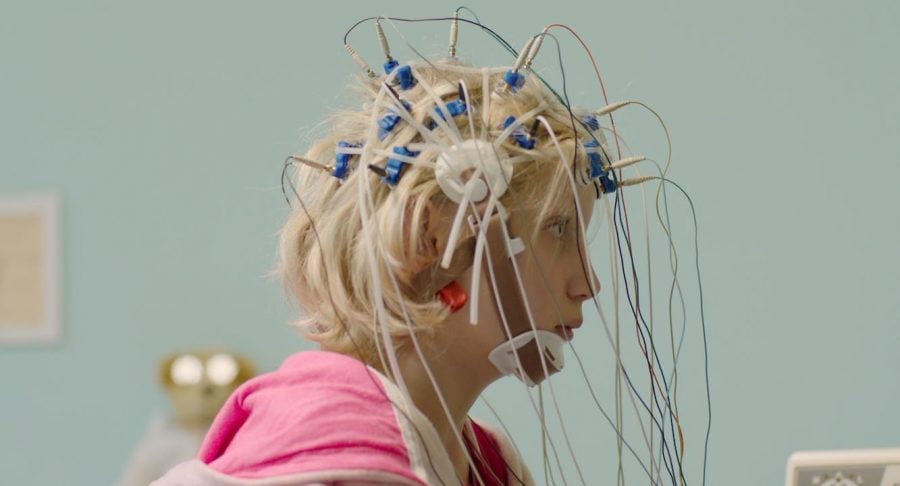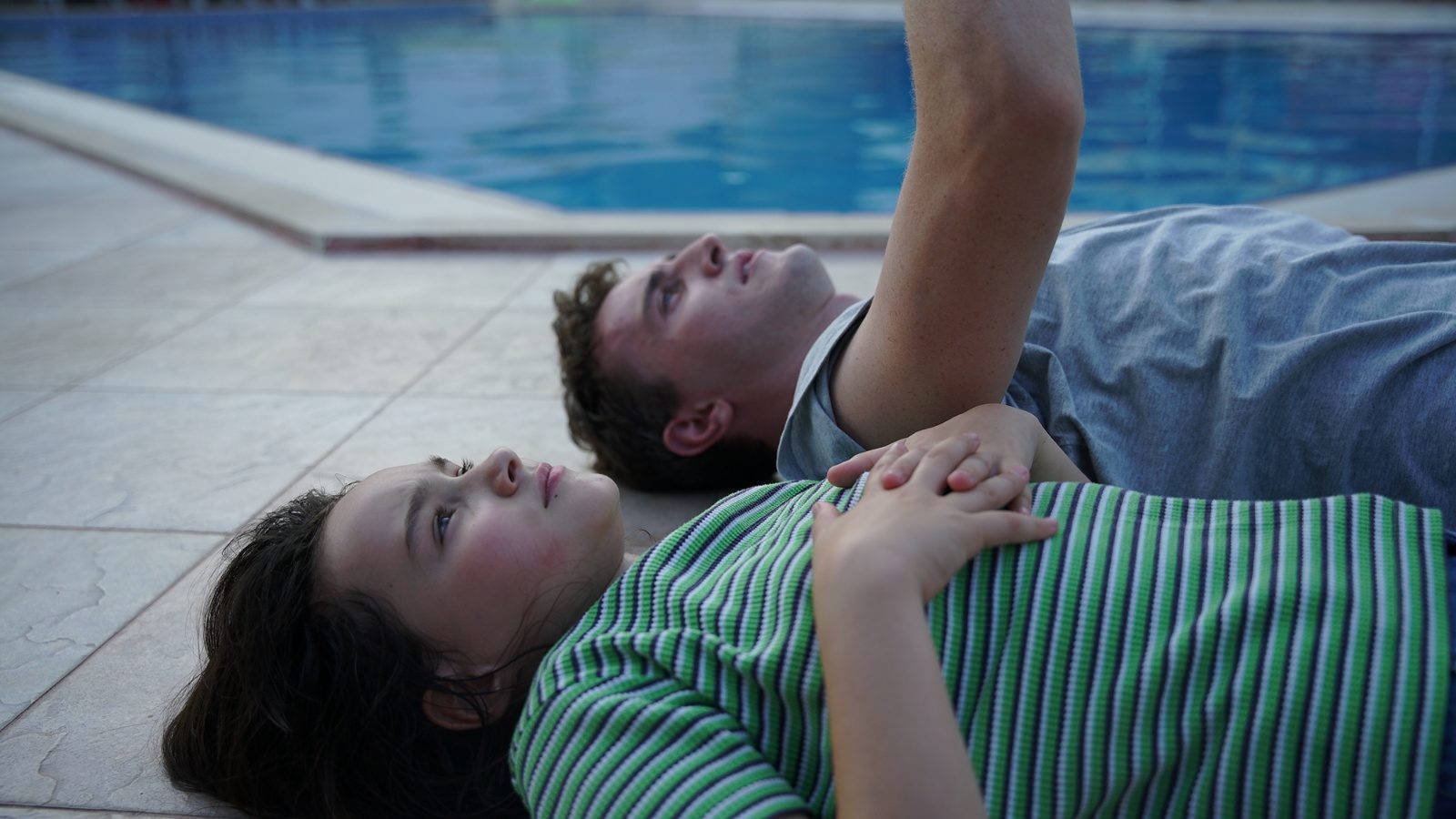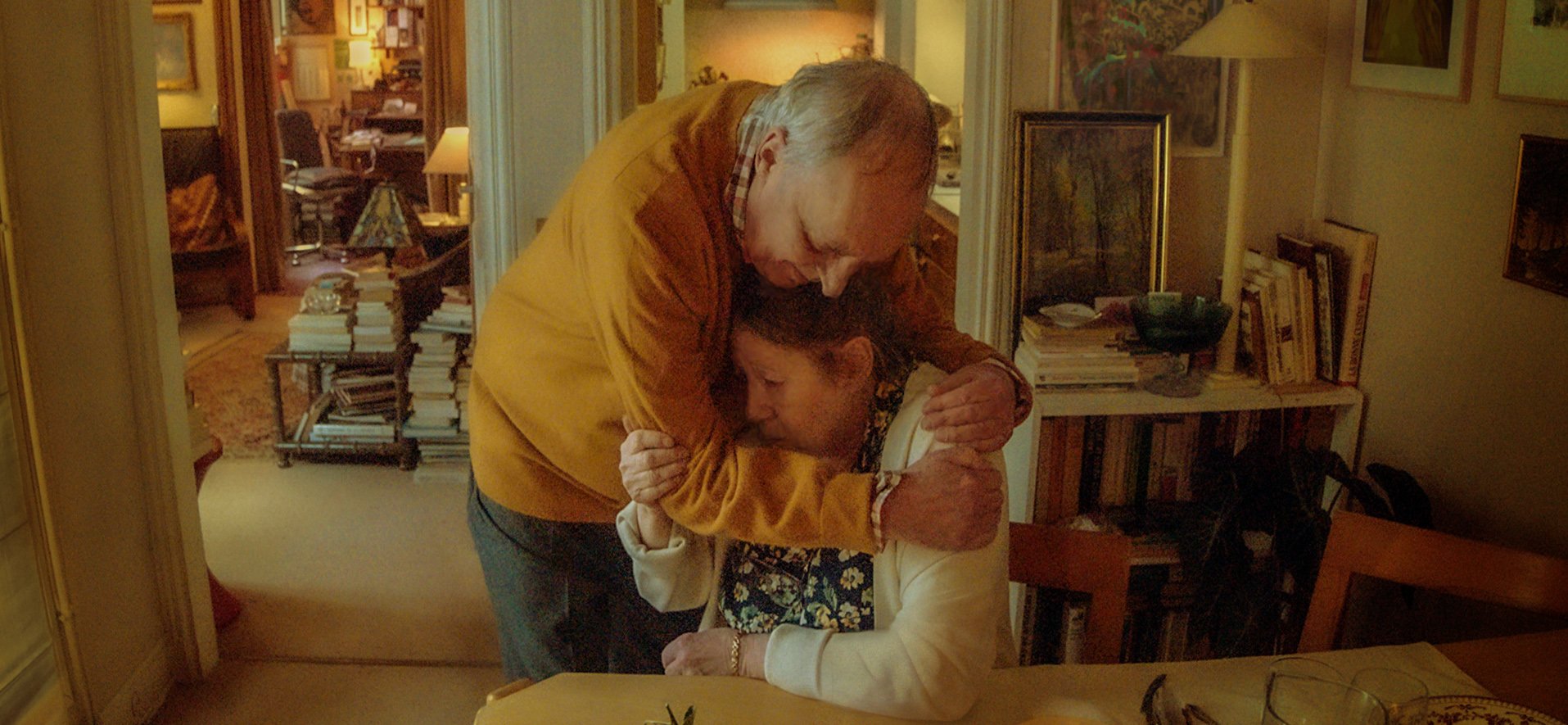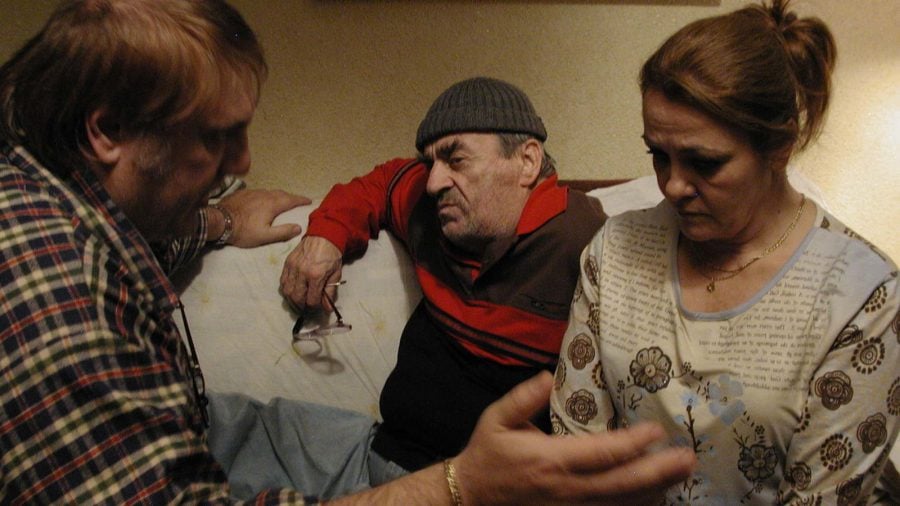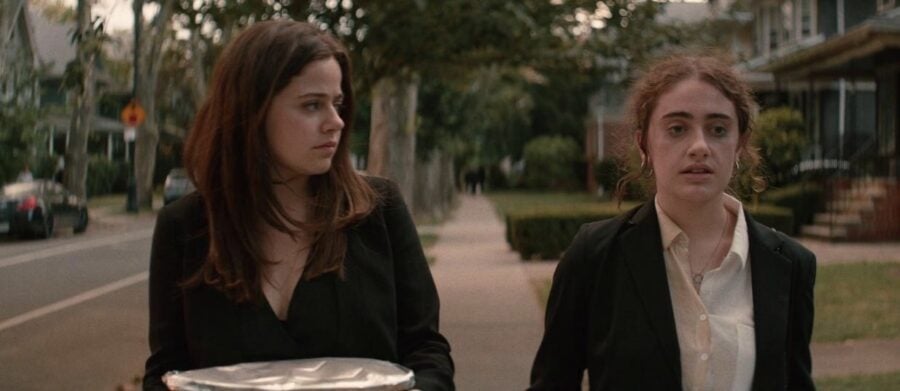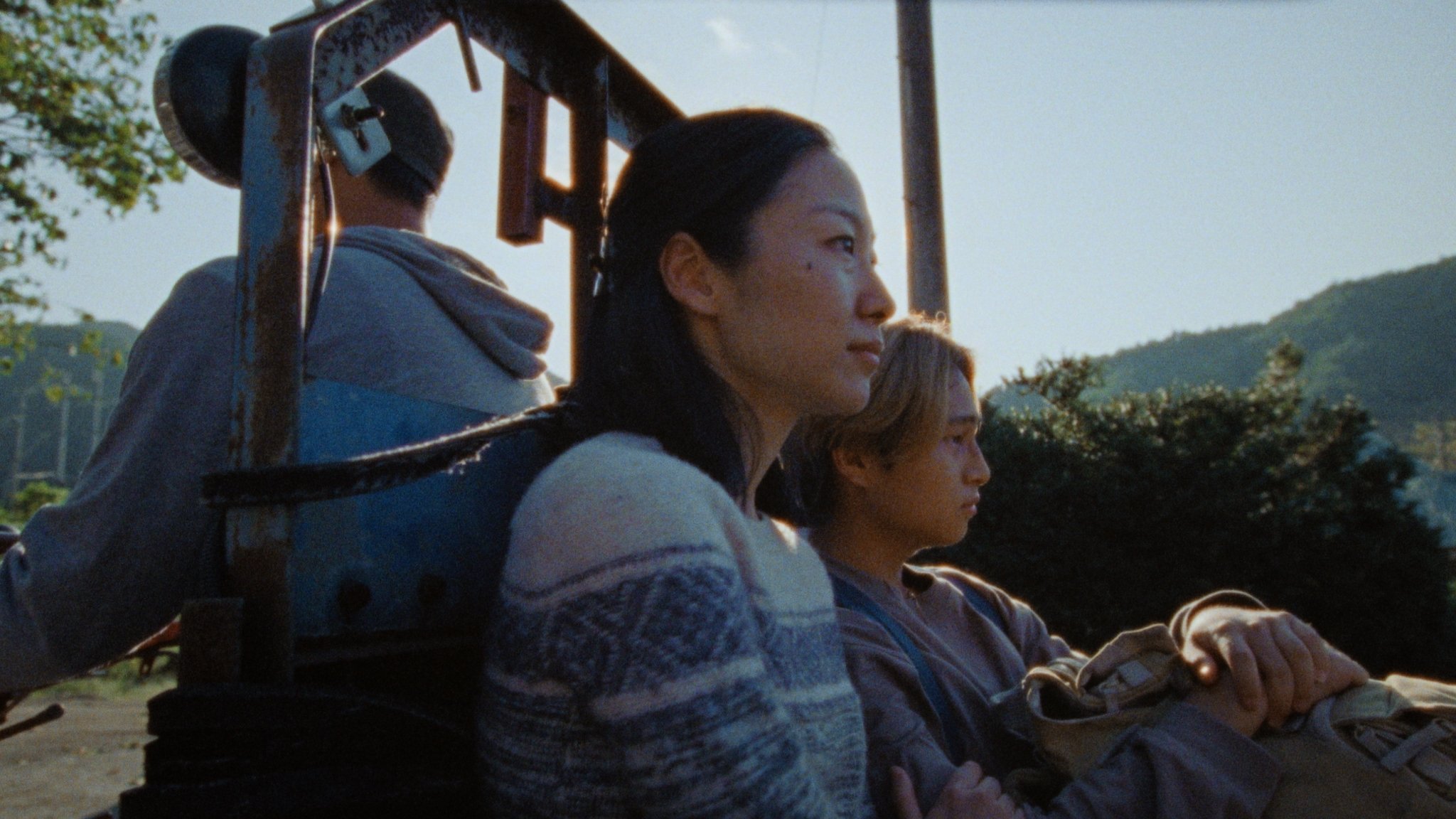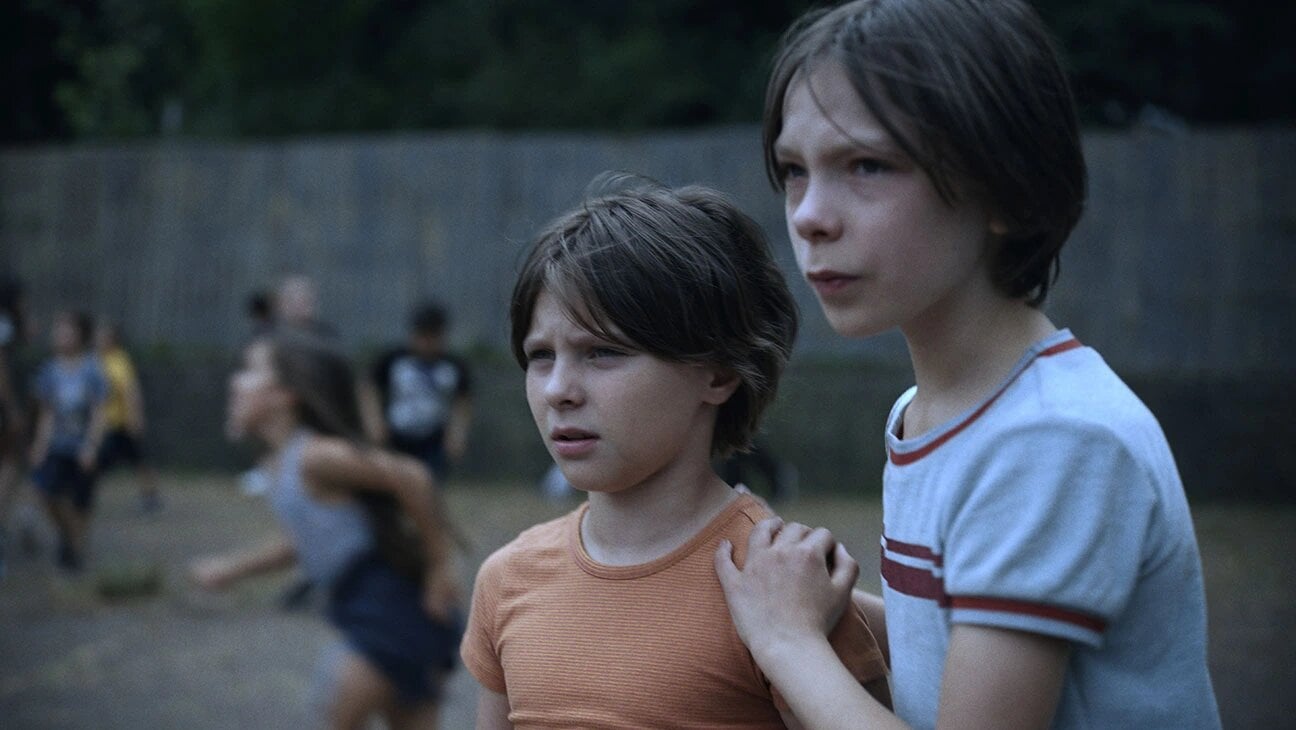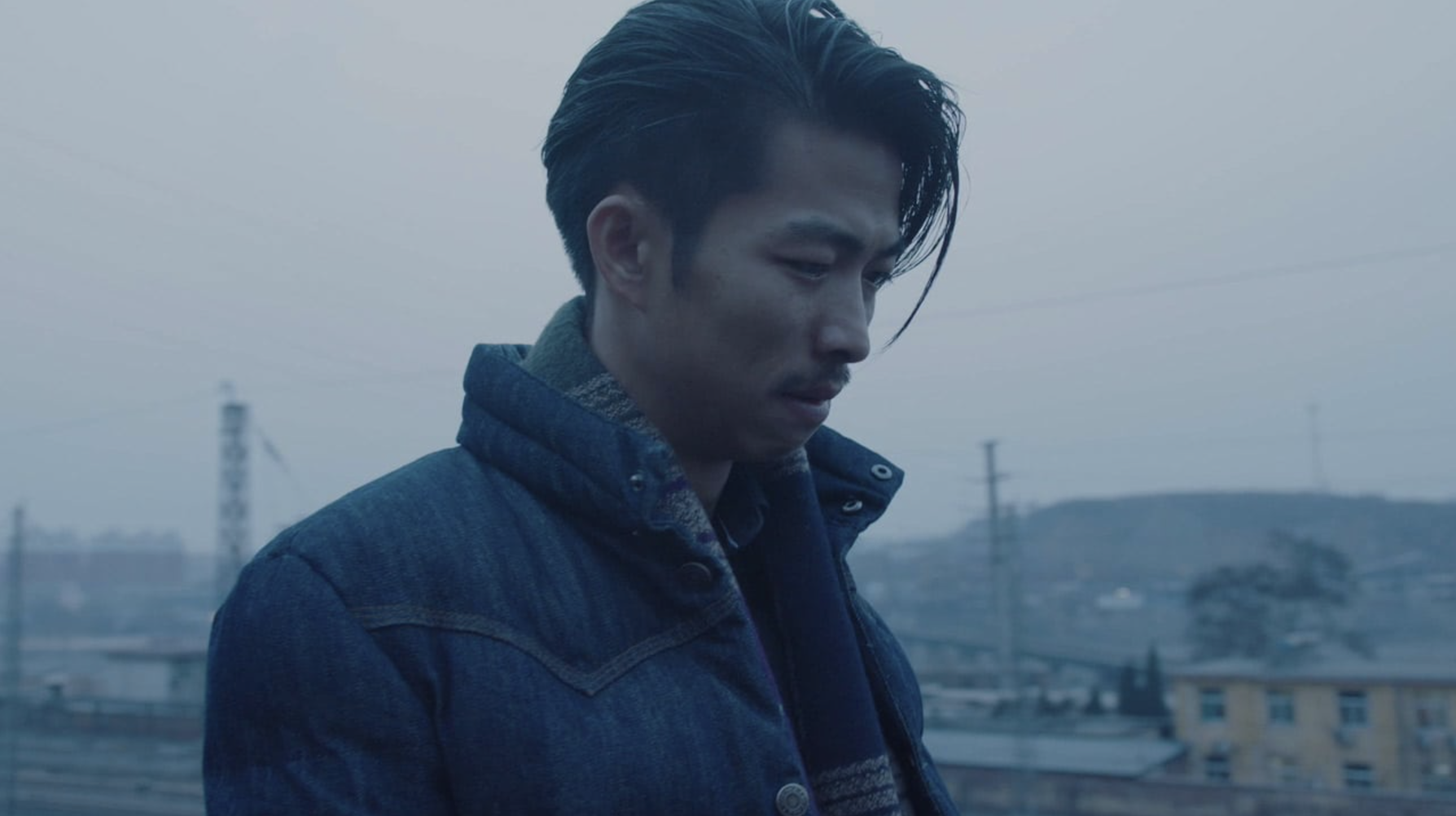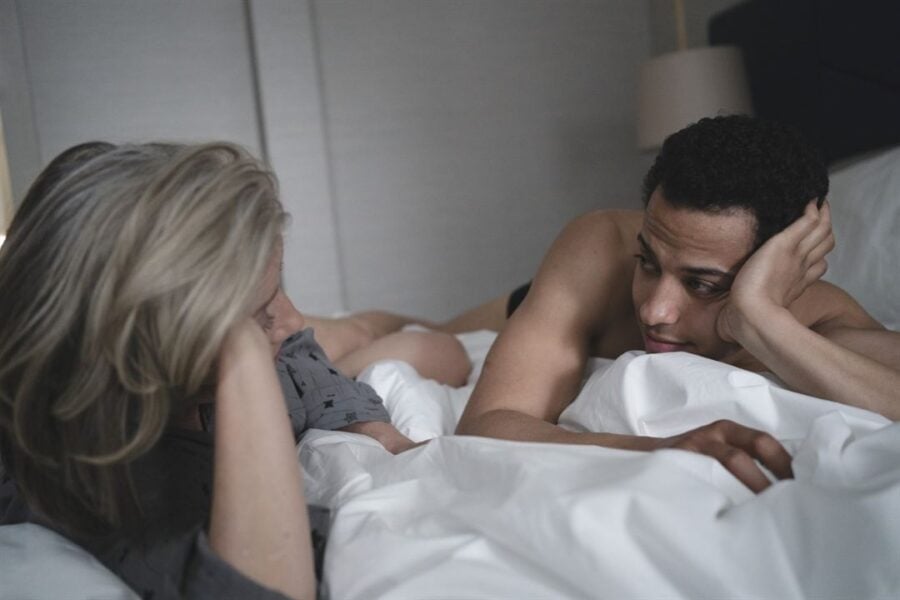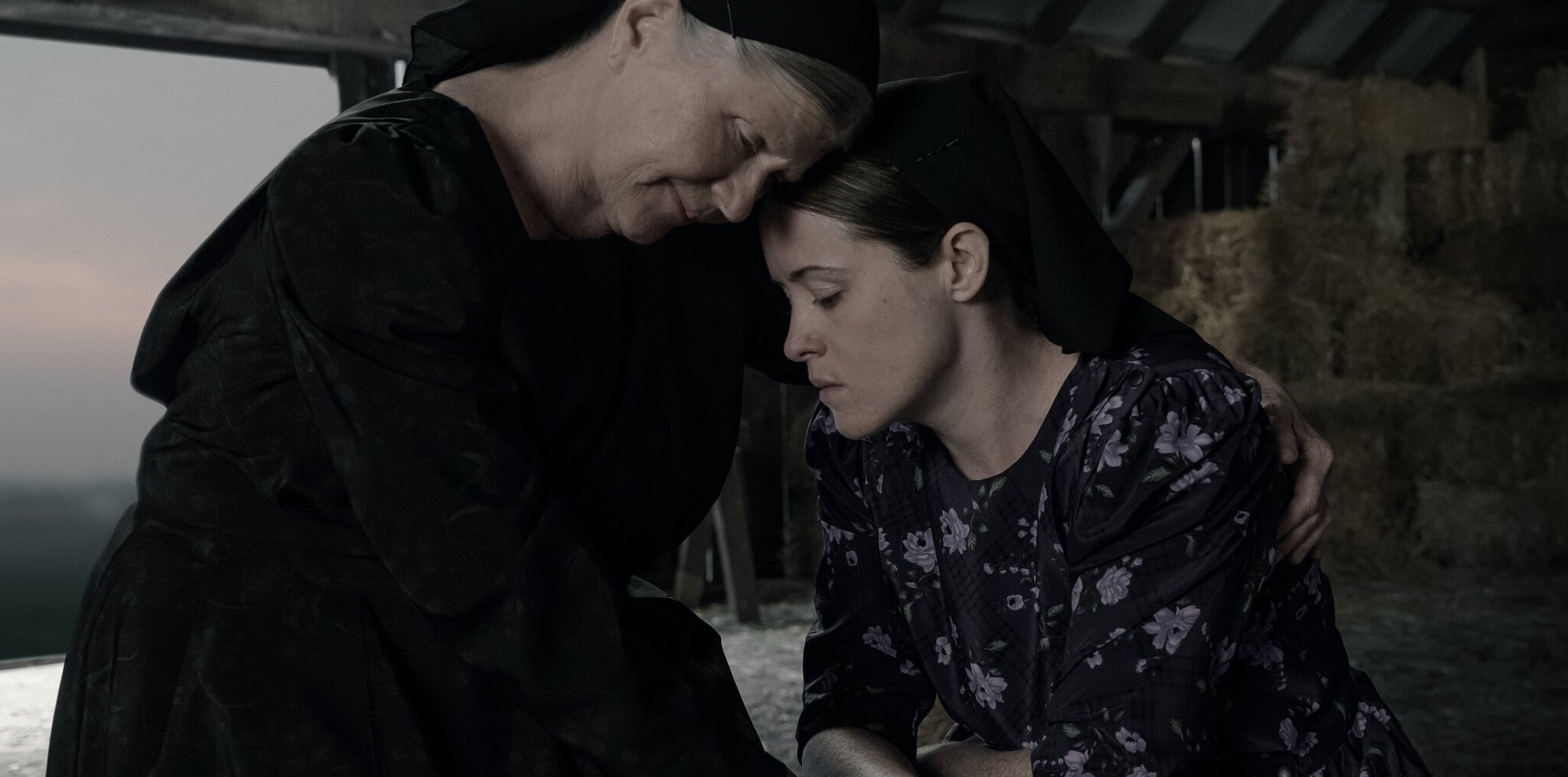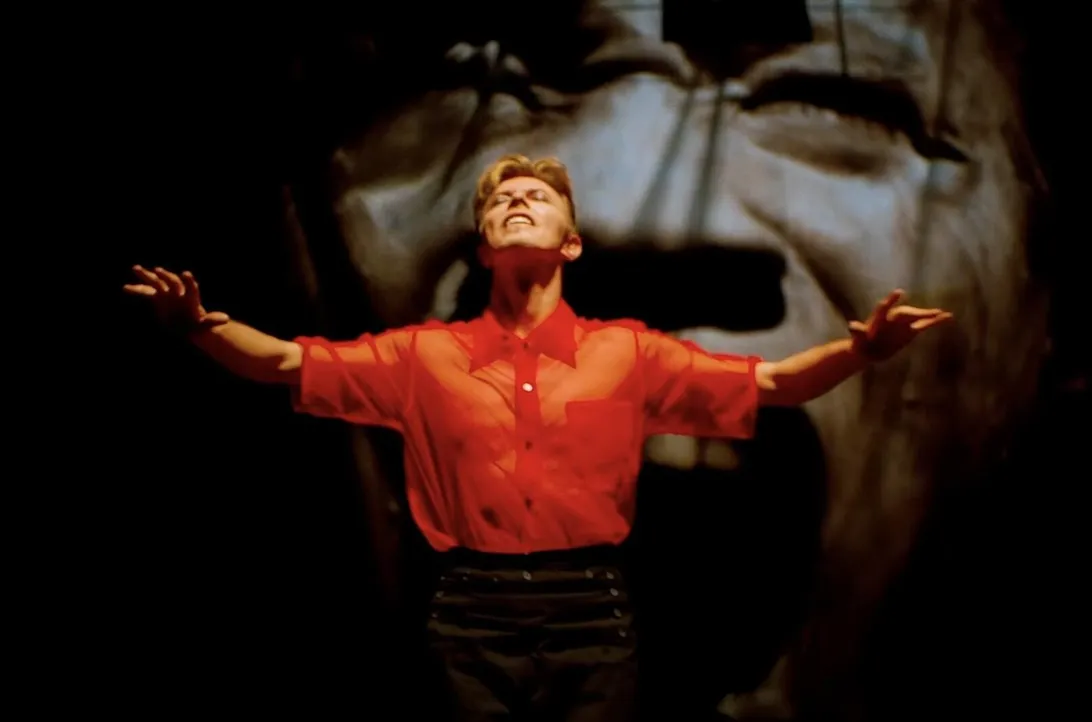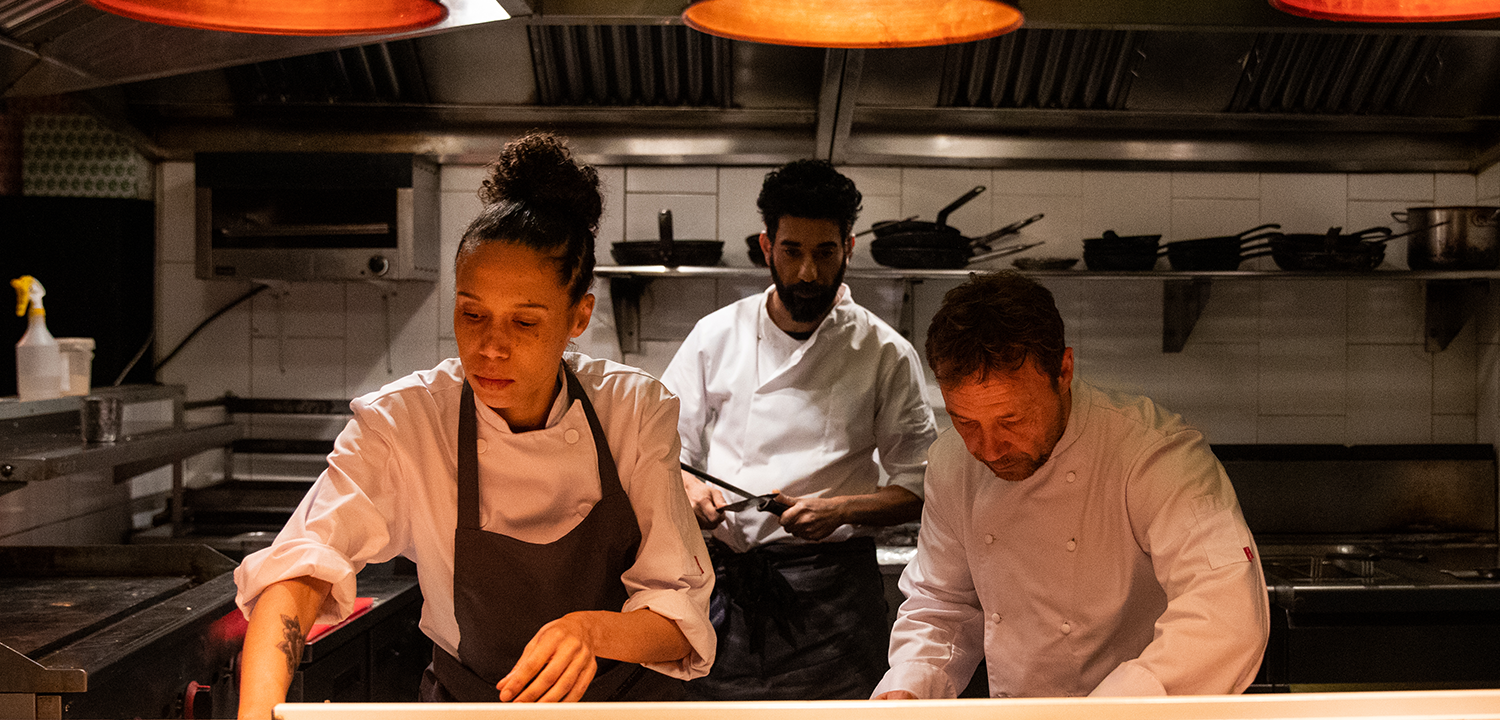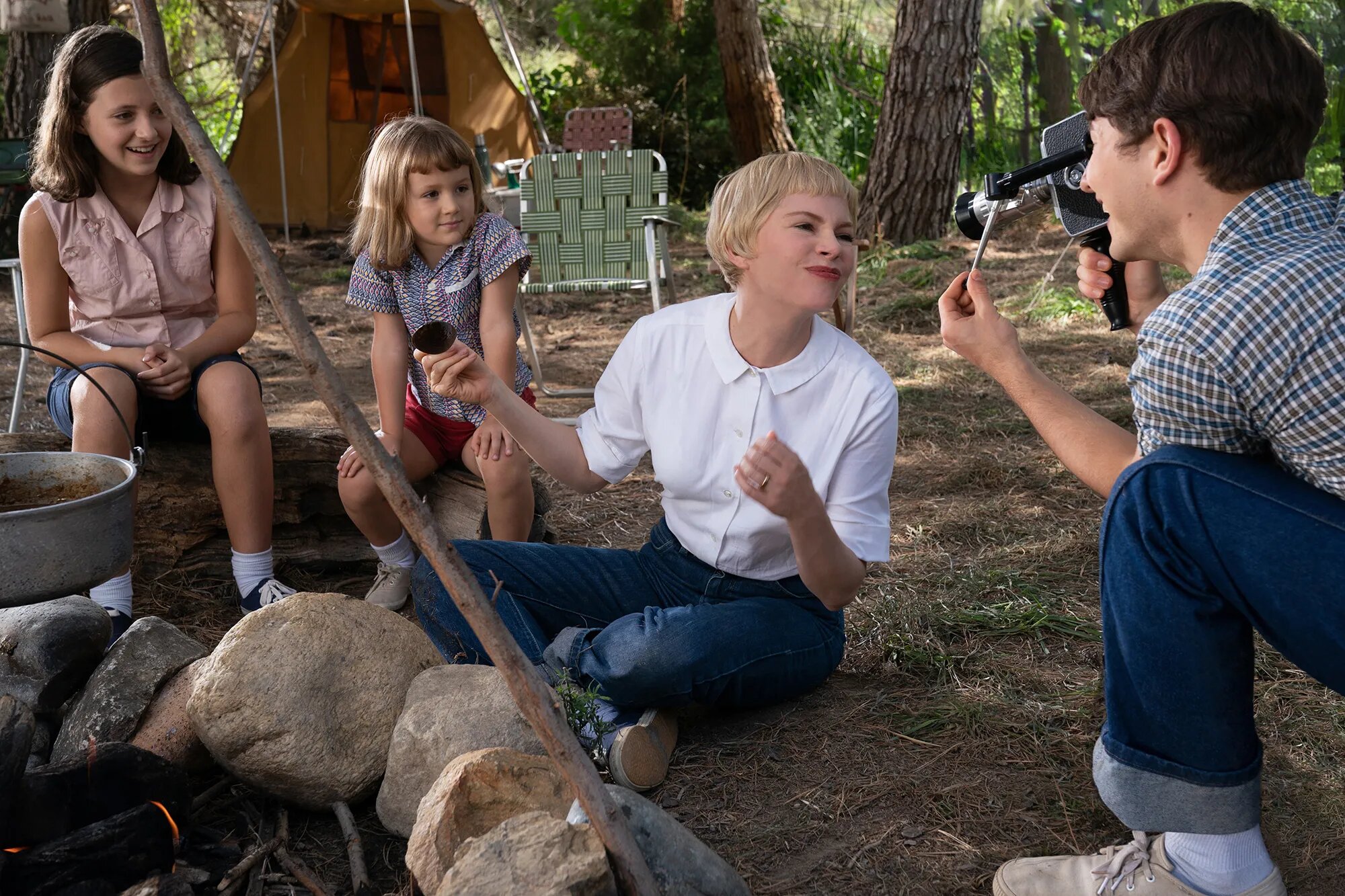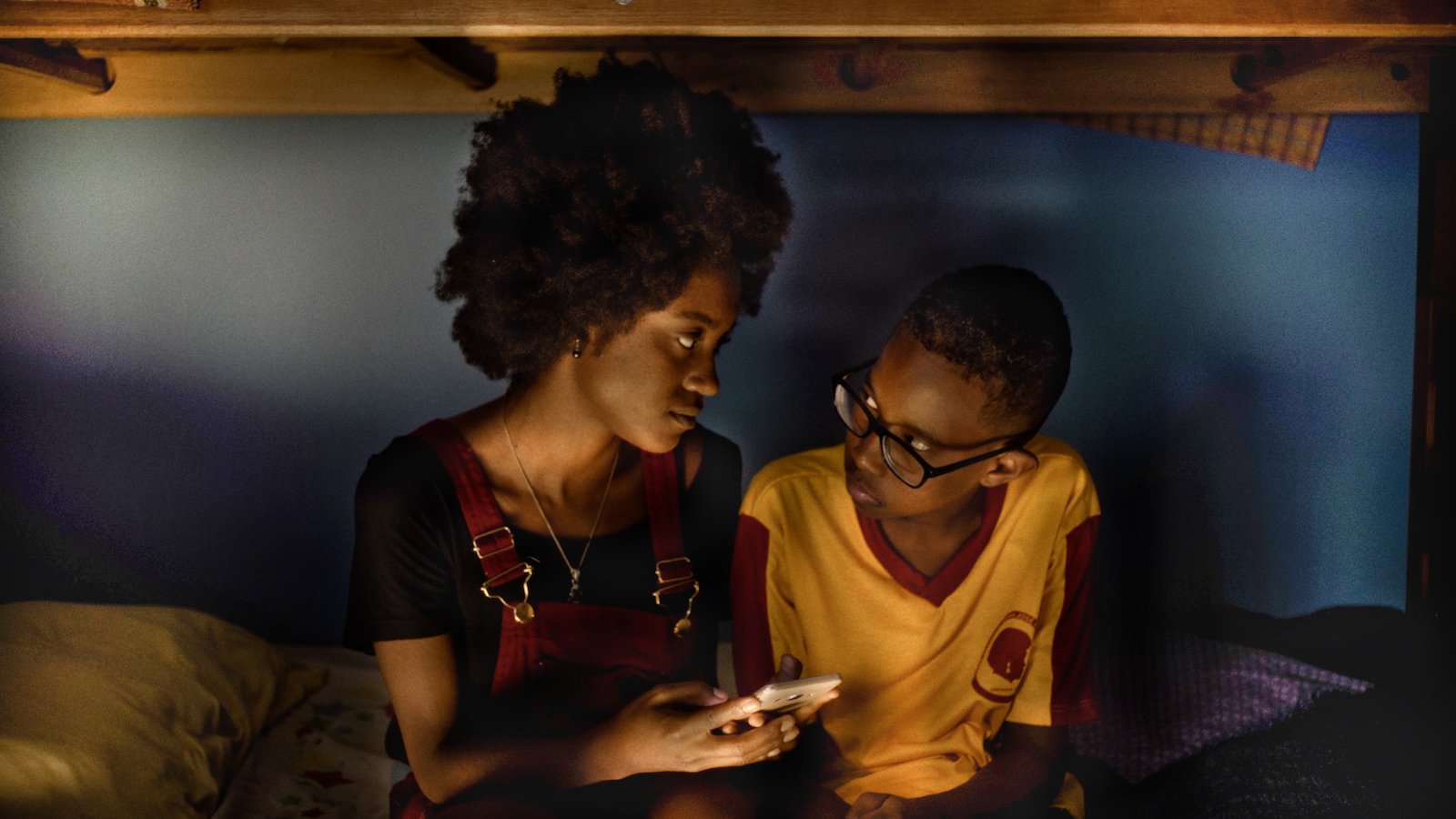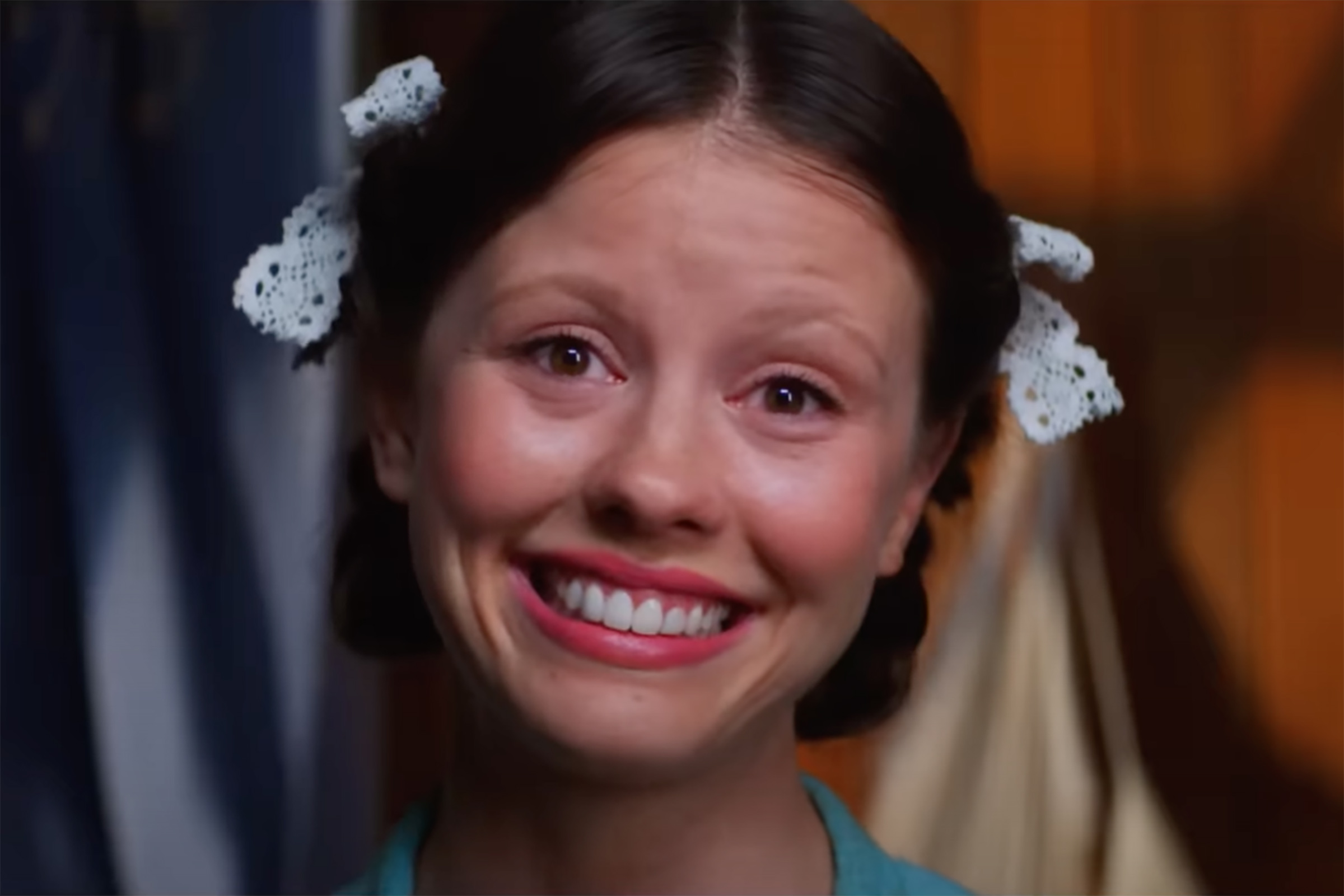The Fabelmans is often described as director Steven Spielberg’s semi-autobiographical movie about his inauguration into filmmaking, and while it certainly is that, I’d venture to say that it also functions as a universal coming-of-age tale, with protagonist and Spielberg stand-in Sammy Fabelman (Gabriel LaBelle) learning harsh truths about identity, family, and passion for the first time.
Here, we see how so much of filmmaking is intertwined with his life, and how the movies inspire his personality (and vice versa). Whether you’re a fan of Spielberg or not, this movie will surely win you over with its beautiful imagery, impressive technique, and big, big heart.
Genre: Comedy, Drama
Actor: Adriel Porter, Alejandro Fuenzalida, Alex Quijano, Alina Brace, Ari Davis, Art Bonilla, Brinly Marum, Cameron Hennings, Carlos Javier Castillo, Chandler Lovelle, Chloe East, Cody Mitchell, Connor Trinneer, Cooper Dodson, Crystal the Monkey, David Lynch, Ezra Buzzington, Gabriel Bateman, Gabriel LaBelle, Greg Grunberg, Gustavo Escobar, Harper Dustin, Isabelle Kusman, James Urbaniak, Jan Hoag, Jared Becker, Jeannie Berlin, Jonathan Moorwood, Judd Hirsch, Julia Butters, Julyah Rose, Kalama Epstein, Keeley Karsten, Kendal Evans, Lane Factor, Larkin Campbell, Mason Bumba, Max David Weinberg, Meredith VanCuyk, Michelle Williams, Nicolas Cantu, Oakes Fegley, Orion Hunter, Paige Locke, Paul Dano, Rob Shiells, Robin Bartlett, Sam Rechner, Seth Rogen, Sophia Kopera, Stephen Matthew Smith, Taylor Hall, Tia Nalls, Trang Vo, Vera Myers
Director: Steven Spielberg
Rating: PG-13

